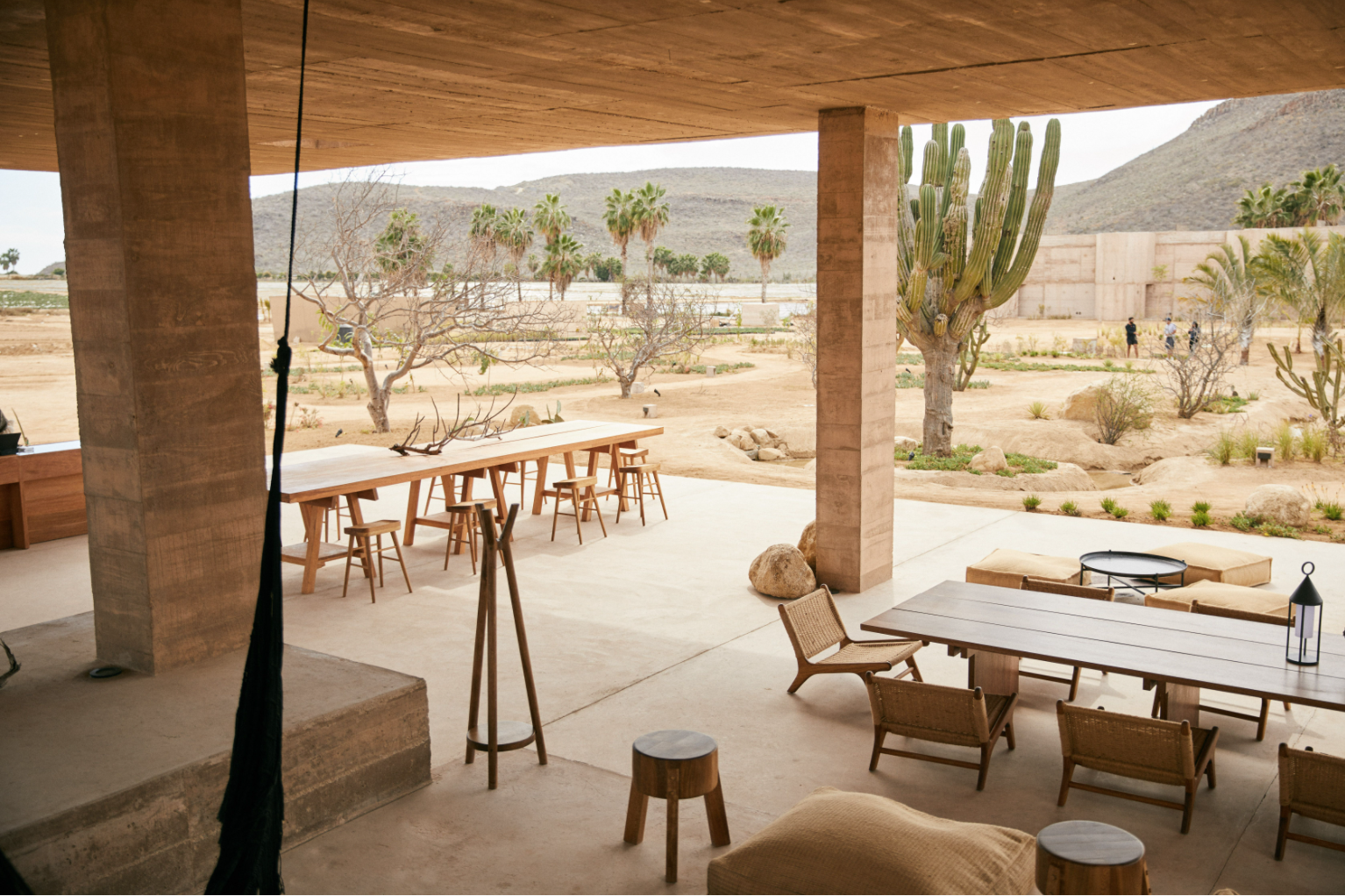How boutique hotels are becoming more sustainable
Sustainability is now big news. The world is waking up to the realisation of climate change, plastic pollution and the bleaching of the coral reefs, and the savvy-minded are capitalising on this. The clothes you wear, the food you eat, and the hotels where you vacation have all become important indicators of how ethical you are. When combined with the desire to share all of the aforementioned on social media, it makes sense that the hotel industry is staying one step ahead of the crowd and putting a focus on sustainable stays.
Only a few years ago, staying in a sustainable hotel was akin to roughing it, something for only backpackers or hippies. Now, if you’re looking for eco-friendly accommodation, you have an abundance of choice almost anywhere on the planet, without having to compromise on style or luxury. Boutique hotels are building audiences through Instagram, meaning that the two most important factors are photogenic interiors and an ethical mindset. Everyone wants to stay in the latest hotel or guesthouse that effortlessly marries covetable décor with piece of mind that you’re helping the planet.
Take The Kip for example. This effortlessly stylish B&B in Ahangama, on the south coast of Sri Lanka opened just over a year ago with a fanfare of pastel-hued Instagram squares dedicated to a less-is-more ethos. They promise ethical furniture, no plastic and raw food, alongside workshops and supper clubs with florists, jewellery designers and vegan chefs. A quick scroll through their Instagram feed has you googling flights and dusting off your camera, safe in the knowledge that your stay will have minimal impact on the environment.
The way in which hotels are advertising their ethical ethos is rooted in luxury travel. Yes, they are ticking all of the right boxes for recycling, sustainable cuisine, eco energy and sourcing everything from furniture to food locally – but they are using imagery and words usually associated with the higher end of the market. Fresh linen sheets, colourful vegetarian brunches, solar-powered outdoor rain showers and complementary morning yoga classes can now be found in a range of boutique hotels, for a variety of budgets.
Sustainable stays and boutique hotels have become intertwined. When checking into a boutique hotel, you would now expect at least some element of your stay to be advertised as sustainable. Take a peek at some of our recently featured hotels for example. Bohème in Mykonos serves glasses of lemonade made from the trees in the hotel garden, Monasterio del Viento in Colombia features local artwork in all the bedrooms, and Thirty-Seven Hotel in Malta ask their guests to save water when showering and to monitor their use of the AC. The difference is in these little details; even the smallest decisions can reduce the carbon footprint of a hotel and its guests.
Many hotels are completely zero-carbon, using renewable energy and making conscious decisions to make your stay more sustainable. Some are even generating enough energy through biomass or solar power to sell excess back to the grid. This isn’t just for marketing reasons; energy costs are one of the biggest overheads for hotels, and if they have the chance to use their own renewable sources, they’re reducing their costs. These reductions in cost could then spill down to their guests, with cheaper prices for rooms.
It’s easier for smaller, boutique hotels to become more sustainable than it is for giant chains. The owners of these boutique hotels are driven by the experience of their guests and tend to be more focused on the overall ambiance rather than just making money. Many boutique hotels are run by owners or managers who are heavily invested in their properties, with an acute eye for design and atmosphere. Running their hotels is a labour of love, and every little detail matters.
These boutique hotels are looking at the small details to make a difference to the bigger picture. By growing their own fruit & veg, harvesting rainwater for flushing toilets, installing solar panels or purchasing all of their textiles locally, they are saving costs at the same time as positioning themselves as market leaders.
When booking your next trip, take some time to do a little research on the sustainability of the places you’d like to stay. Does the hotel offset its guest’s travel? Do they offer a homegrown vegetarian or vegan menu in their restaurant? Are they plastic free? The difference is in the detail, and you’re bound to find a sustainable boutique hotel that makes you feel just as good for piece of mind as it does for comfort.

